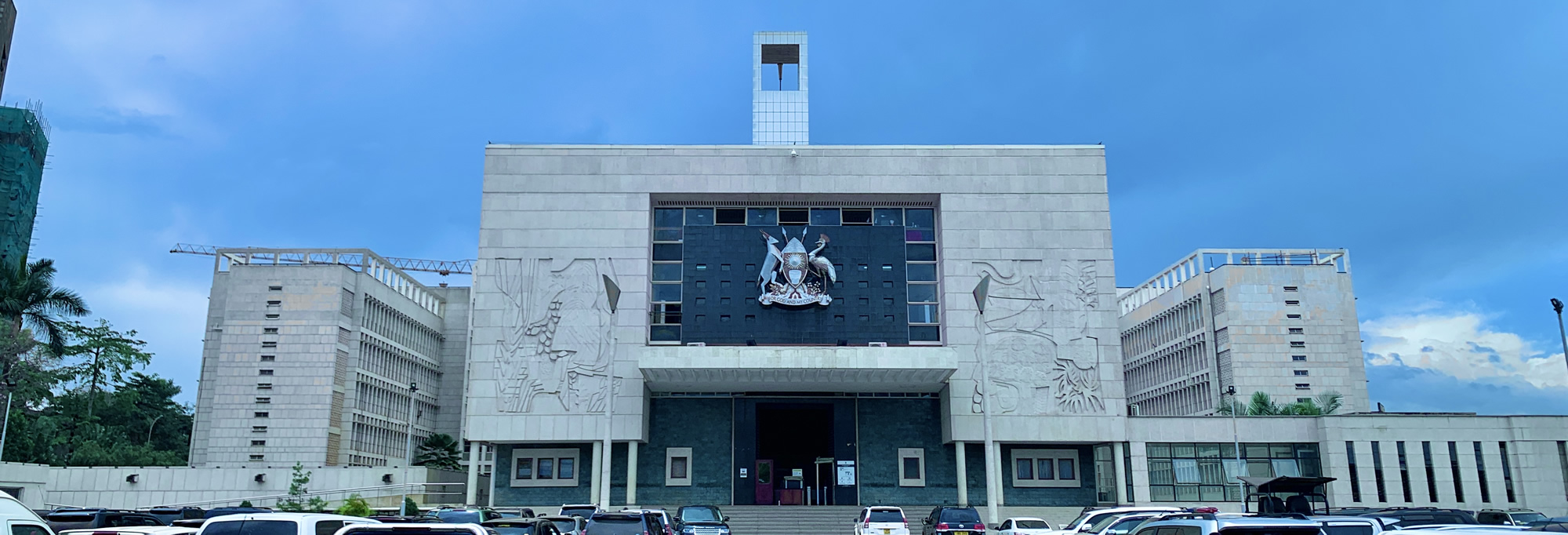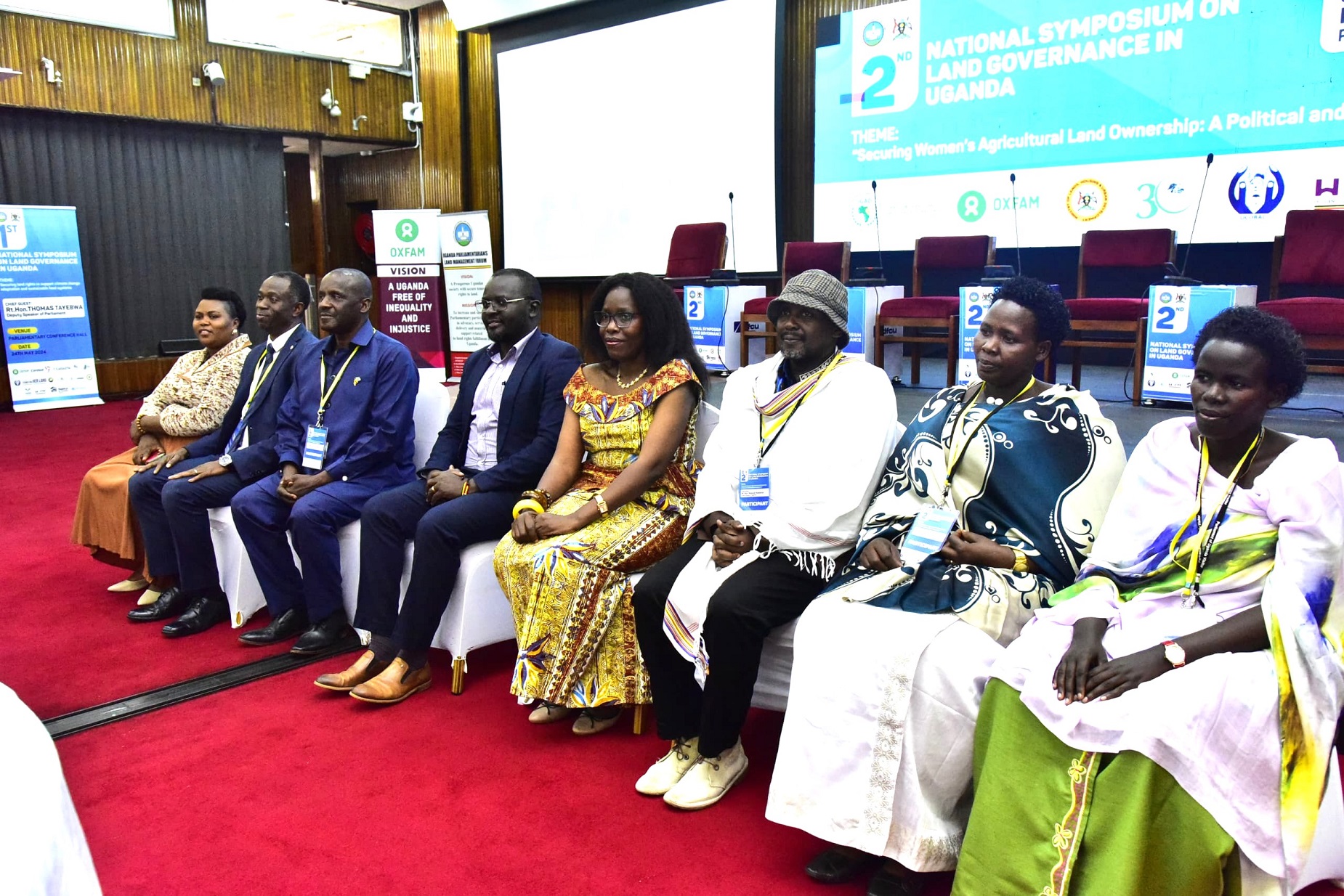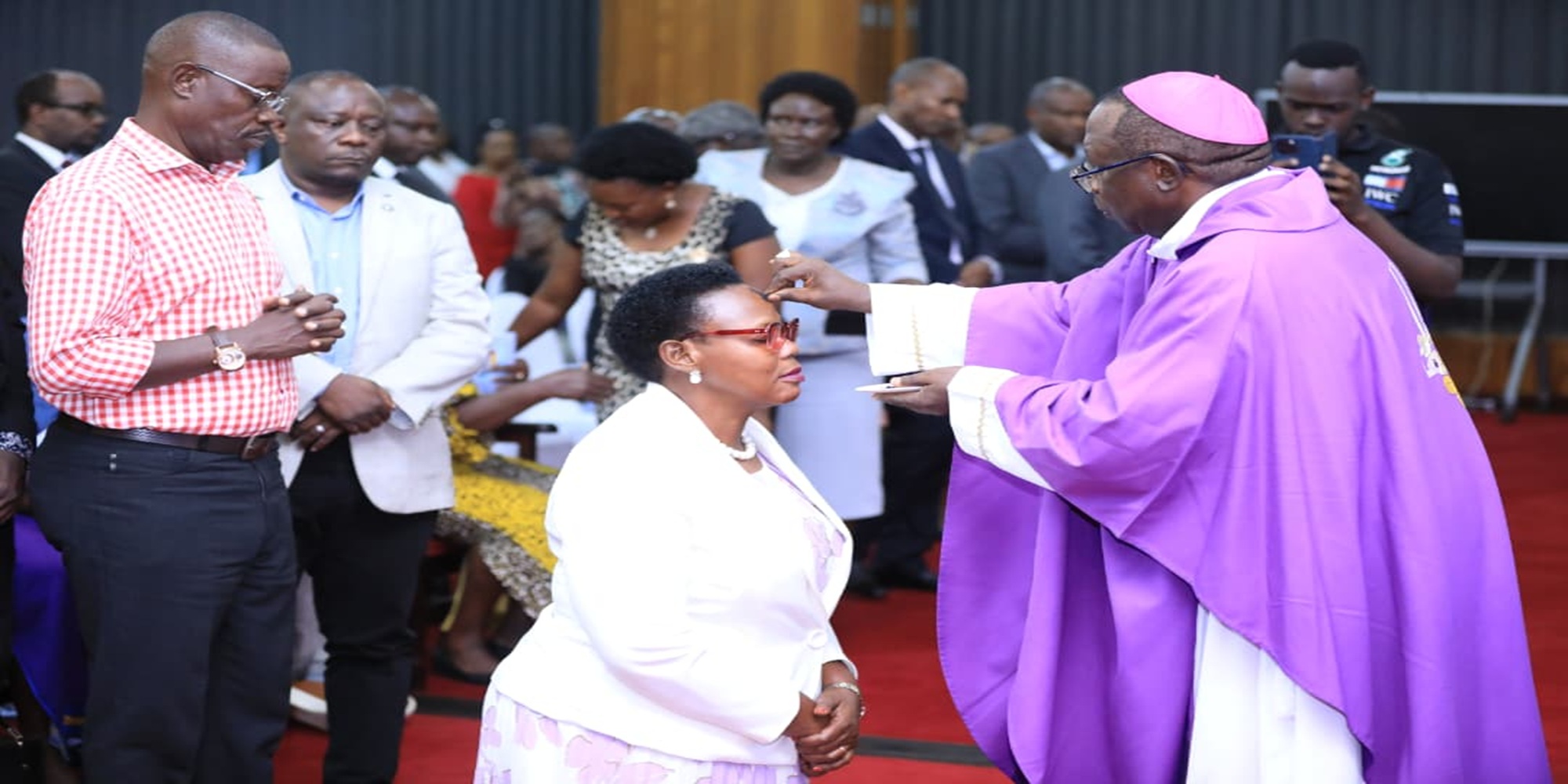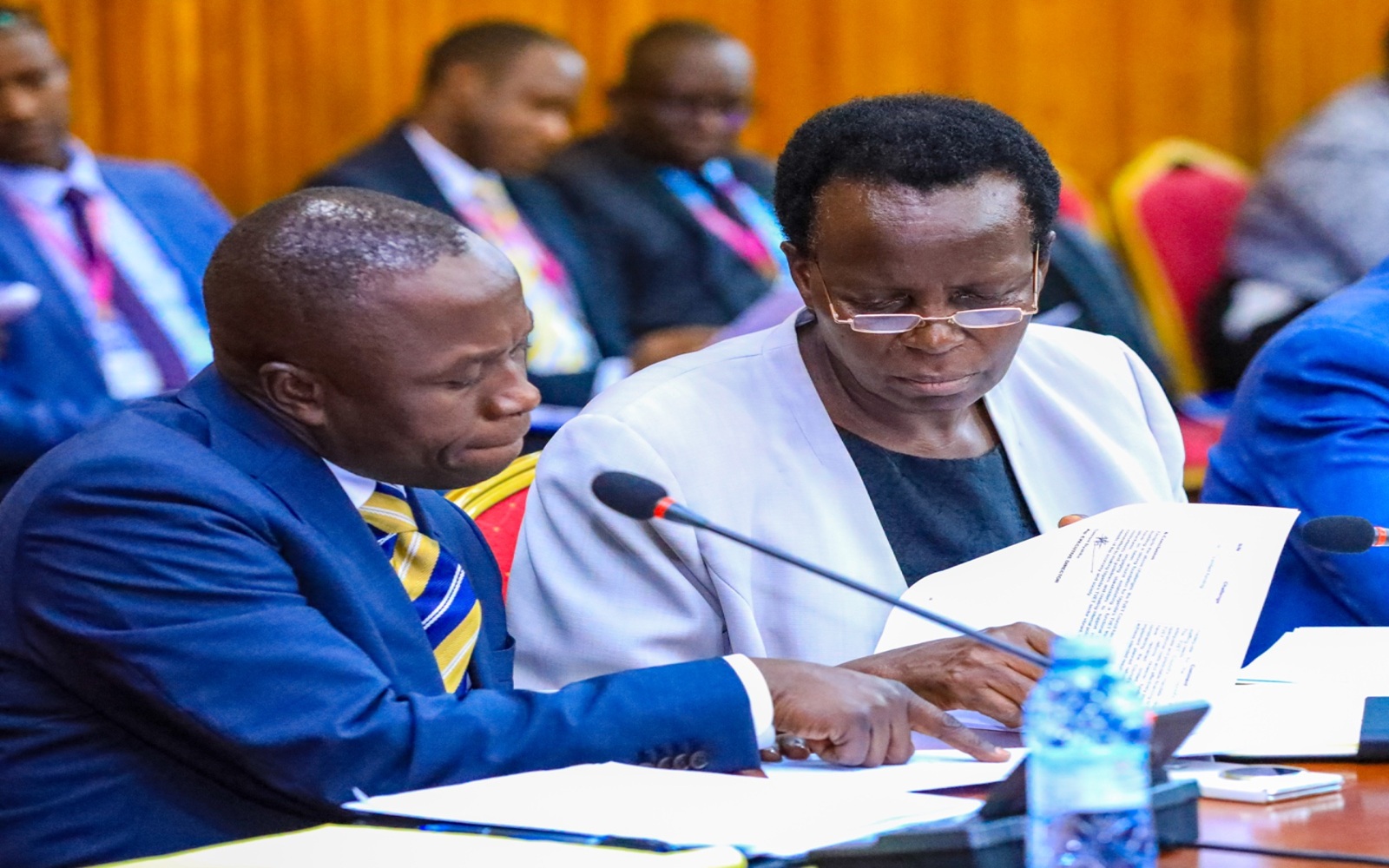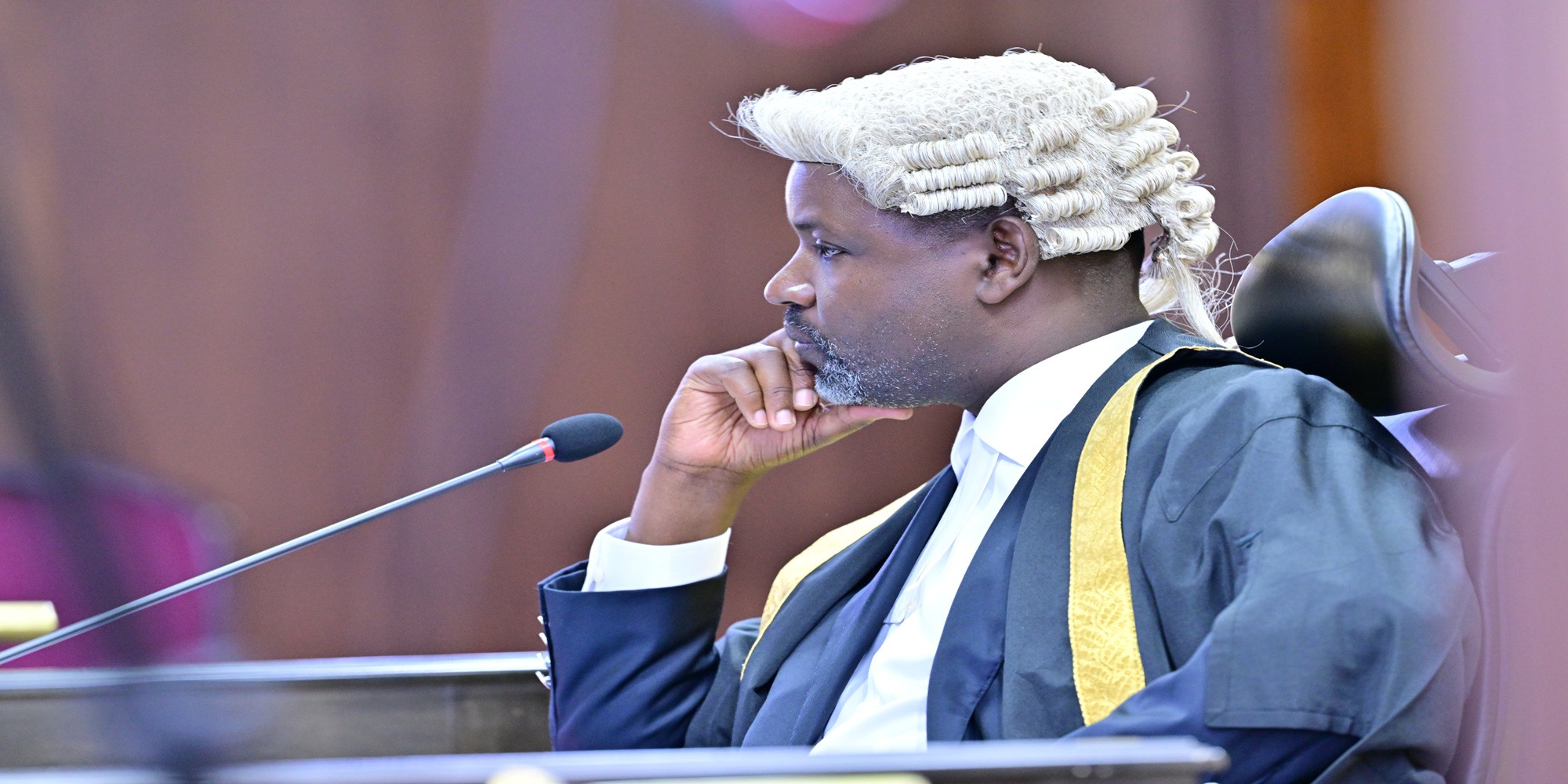The Prime Minister, Robinah Nabbanja, has called on national actors in the land sector to actively implement the provisions of existing policies, especially the National Land Policy of 2013, to promote equitable land ownership and management.
According to the premier, government has invested in land registration systems and community sensitisation programmes, however, gaps remain in implementation and cultural transformation of Ugandan societies.
“We still see customary practices that override statutory laws and discriminate against women. We must ask ourselves what are we doing as leaders, institutions and citizens to dismantle the invisible barriers that deny women their rightful stake in the land they till,” Nabbanja said.
The Prime Minister's remarks were contained in a speech presented on her behalf by the Minister for Lands, Housing and Urban Development, Hon. Judith Nabakooba, at the second National Symposium on Land Governance in Uganda.
The event held at Parliament on Friday, 27 June 2025 was premised on the theme, ‘Securing Women’s Agricultural Land Ownership: A Political and Development Imperative’.
Nabbanja said government is committed to bridging the gap through strengthening institutions that support land access and tenure security for women, fast-tracking gender responsive land registration processes, and promoting legal literacy and reforms that simplify access for women, particularly in rural areas.
“We must ensure that our policies, budgets and laws reflect the needs of women small-holder farmers. This journey requires more than political pledges, it requires systems that are transparent, accountable and gender responsive. We must ensure that land titling processes are simplified, decentralised and inclusive,” Nabbanja added.
She also made a call to cultural institutions to harmonise tradition with constitutional values, to promote customary land ownership by women.
“SDG 5 on gender equity and SDG 2 on zero hunger cannot be achieved unless women have control over productive assets, especially land. We must operationalise these commitments through national action and put women at the center of land governance,” the Prime Minister said.
The Chairperson of the Uganda Parliamentarians Land Management Forum, Hon. Christine Kaaya, called on focal entities in the land sector to work towards clearing the backlog associated with land advocacy.
“We must also amplify the discussions on land governance, dispute resolution, policies and all related statutory instruments. The debate on land governance should be on each and everyone’s agenda,” Kaaya, also the District Woman Representative for Kiboga, said.
The Oxfam Country Director in Uganda, Francis Odokorach, noted that 70 per cent of the workforce in the agricultural sector is comprised of women, however, only a small fraction of them own land, a disparity that undermines productivity.
“If they have full control over the land and can make decisions, we can expect sustainable development. But, it is not just a development question, it is a political imperative because it is deeply rooted in equity and constitutional values,” said. Odokorach.
He also urged government leaders to prioritise gender in land policy, track how much is budgeted to ensure land certification programmes will effectively prioritise women, and also strengthen land information systems.
